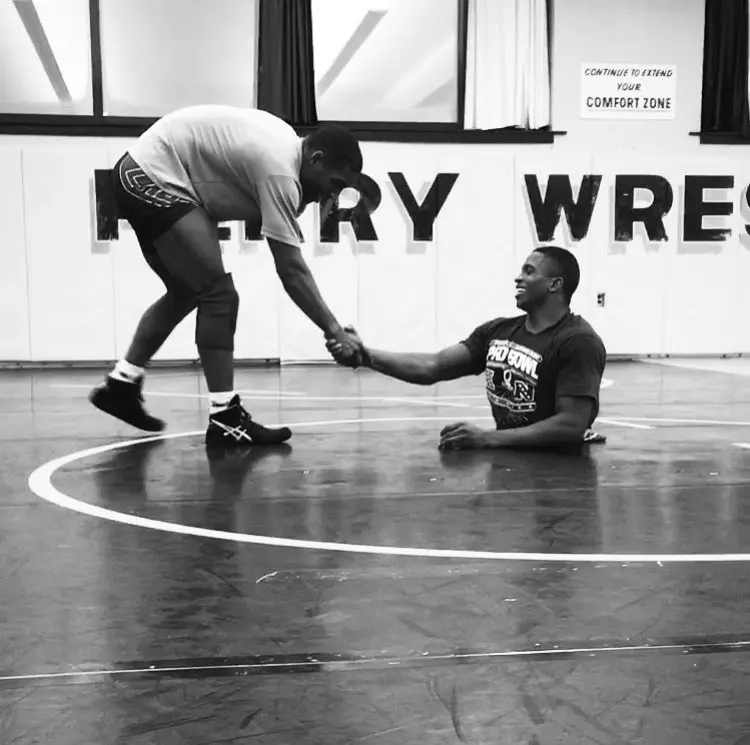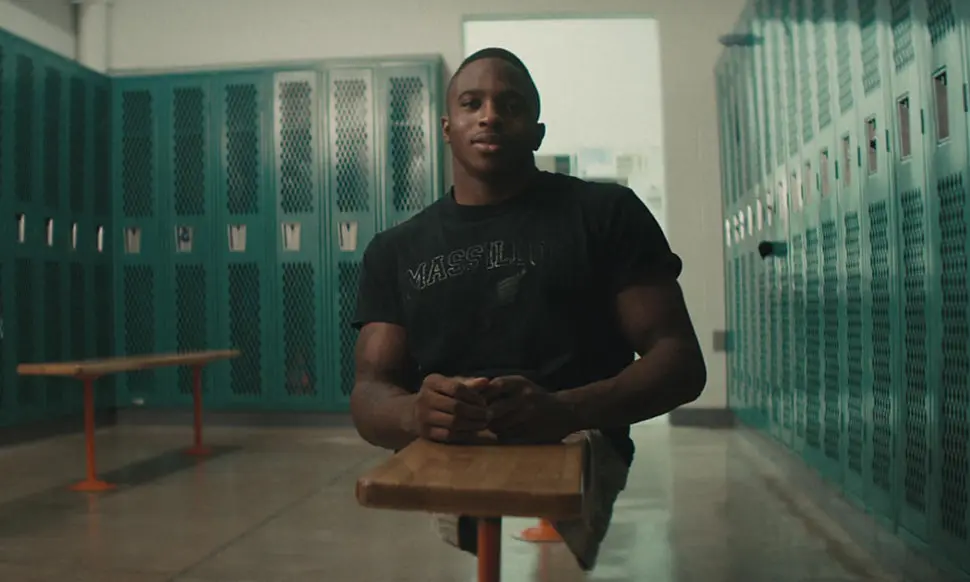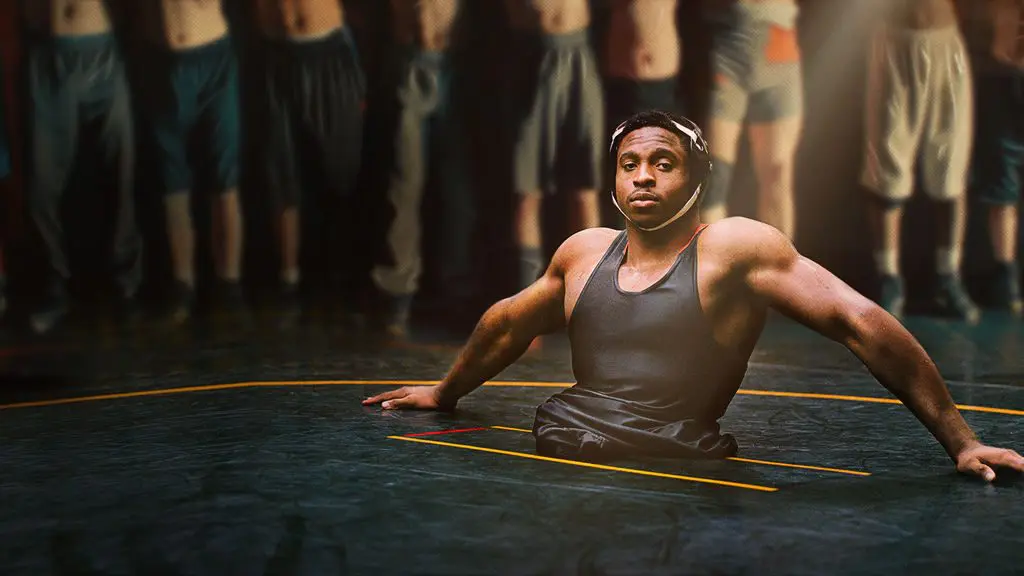Summary
The life and achievements – so far – of Zion Clark, an Ohio man born without legs who found confidence and purpose in competitive wrestling.
Zion is a short documentary film about one remarkable young man, and most especially his attitude about himself. By “short”, I mean it’s less than twelve minutes long: you have no excuse not to watch this. If you don’t have a Netflix account, I bet you know someone who does. But how you feel after that may depend on the life you lead and the people you know: you might feel inspired, or you might feel manipulated or even patronised.
I’m loathe to tell you too much of the content, partly because it will be a better use of your time just to watch the damn thing, but also because it will risk minimising the subject. So I’ll tell you what’s good about it and then see if I can figure out how to express the negative.

The film opens with some rapid images of sports, medical images, music and the man himself, concluding with him actually demonstrating his full height to the camera. From here, it’s a combination of interviews (mostly with Zion and his coach) and wrestling footage, with other elements of his life slipped in too. Floyd Russ’s direction is expert, the camera work is precise, the soundtrack is varied, and the interviews very carefully staged.
Zion Clark has never known life with legs, or indeed with the support of parents. This seems to have developed him into a natural stoic, and this is what I admired most, rather than his wrestling achievements. Here’s what he said about his time with prosthetic legs:
I felt like people were trying to make me look like everybody else when I just wanted to look like myself. Like why take away me being on the ground where I’m used to something and putting me up higher where I don’t like it?
The attitude is great, and it’s one to pass on, for sure; but does it have to be done in this way? I’ve seen it described as “inspiration porn”: successful disabled people (or queer people, or other minorities) are people with their own lives, not just there to be held up as role models.
It’s not surprising that the film turned out like this, considering much of the director’s experience is with commercials as well as documentaries. He is selling Zion here as an example to follow; and with the highly emotive music, this short is painfully close to propaganda.

Thing is, based on a Sundance interview, Zion himself is completely in favour of this approach, though I fear he is misguided, and may yet regret it:
I just want to inspire someone to better themselves, so they can overcome any obstacle that they see in themselves.
I have had serious surgery recently and been told it may be time to find a different sport than the (only) one I had previously enjoyed. I was moved while watching this little film and thought I should stop feeling sorry for myself… And then kicked myself again for falling for the filmmaker’s manipulative tricks.
There was one scene that felt distinctly unnecessary and out of place: Zion’s adoptive mother reciting a prayer for/about him. At no time during the interviews in this documentary did Zion mention the impact of his faith (or even that he had any): the way he approached life and his body was down to what he wanted and felt happy with, not down to God’s help or anything similar. The inclusion of the prayer was the biggest piece of manipulation, closely followed by the coach’s tears and the image of Zion in the gym shower.
Do watch this little – and yes, award-winning – documentary, and admire the skills you see presented. But keep your head screwed on: you’re not watching a film about another species, but a real person.




